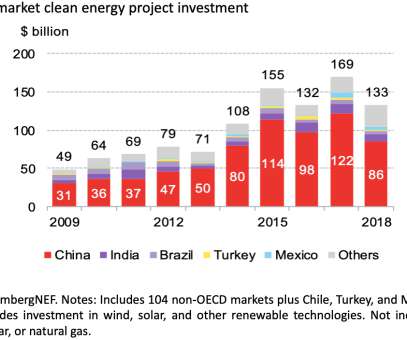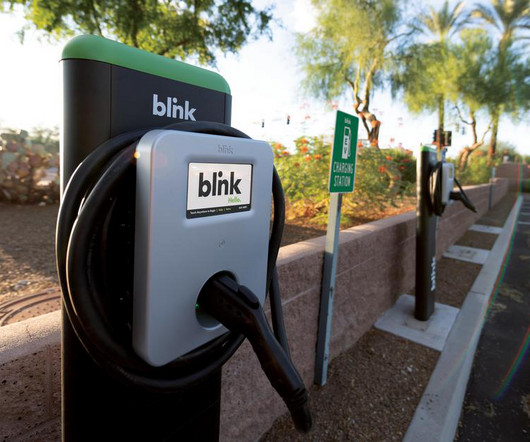BloombergNEF: clean energy investment in developing nations slumps as financing in China slows; coal burn surges to record high
Green Car Congress
NOVEMBER 26, 2019
While the number of new clean power-generating plants completed stayed flat year-to-year, the volume of power derived from coal surged to a new high, according to Climatescope , an annual survey of 104 emerging markets conducted by research firm BloombergNEF (BNEF). The decline was not confined to China, however. billion and $2.7












Let's personalize your content